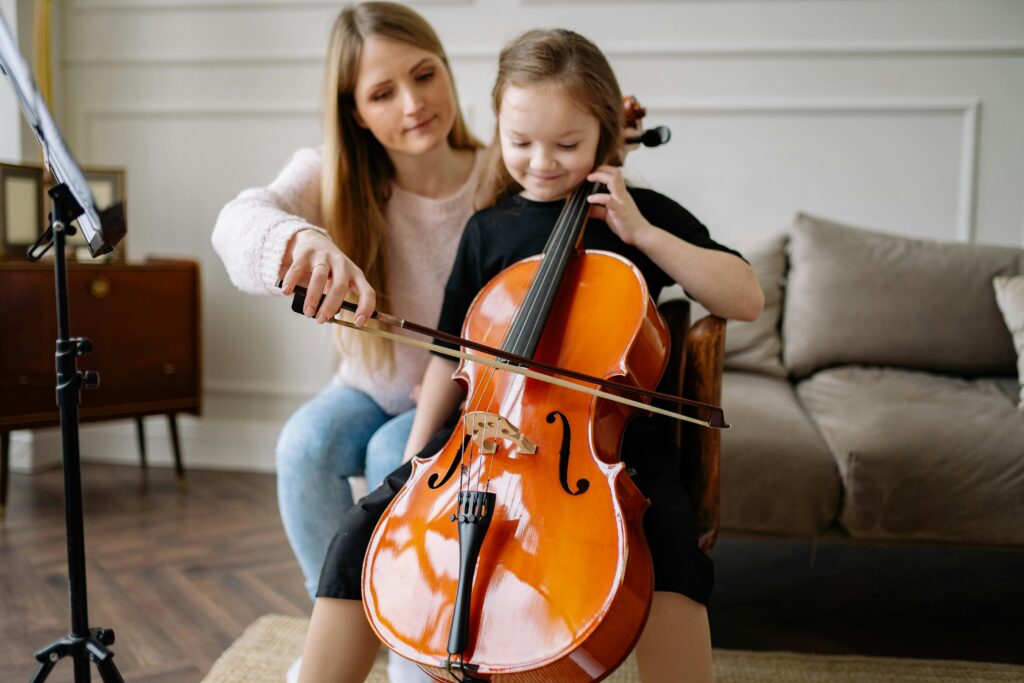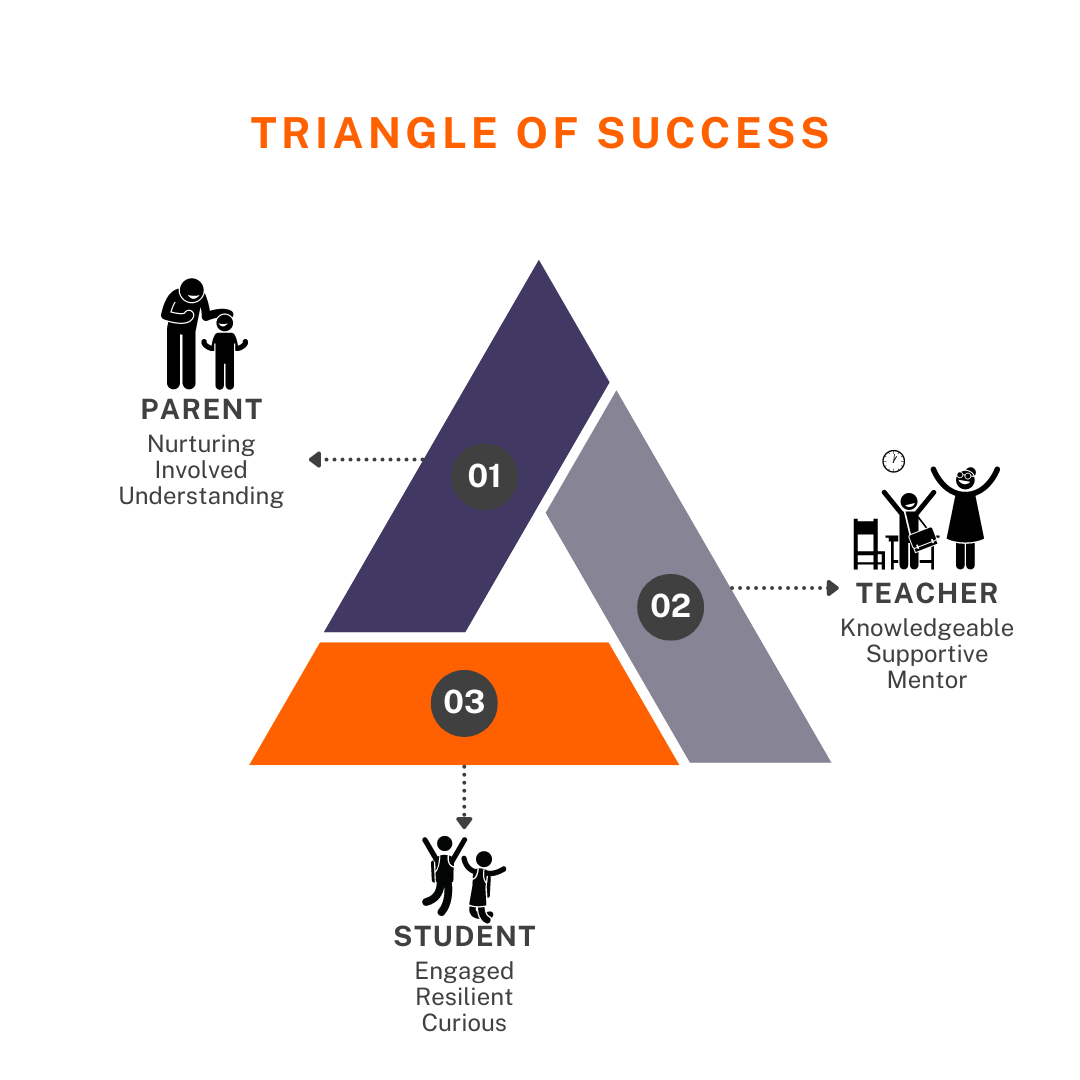The Benefits of Music Education for Child Development

The Benefits of Music Education for Child Development
Music education is more than just learning to play an instrument or sing in tune. It has profound effects on a child’s overall development, influencing everything from cognitive abilities to social skills. Backed by research in psychology and brain development, music education is a powerful tool that parents can use to support their child’s academic success and personal growth. Here are some innovative and non-conventional techniques for integrating music education into your child’s life, along with practical ideas that are easy to implement.
Why Music Education Matters
Music education has been linked to numerous benefits in child development, including enhanced memory, improved mathematical abilities, and greater emotional intelligence. According to Dr. Nina Kraus, a neuroscientist at Northwestern University, music training can shape the brain’s development and enhance its ability to process language and sound. This, in turn, supports learning in other academic areas.

Cognitive Benefits of Music Education
- Enhancing Memory and Attention:
- Technique: Learning to play an instrument or read music requires children to focus and remember complex sequences of notes and rhythms, which strengthens memory and attention span.
- Implementation: Introduce your child to simple instruments like the piano or recorder. Encourage them to practice regularly, starting with easy tunes and gradually increasing the complexity. For example, set up a daily practice schedule where your child spends 10-15 minutes playing an instrument. Use apps like “Simply Piano” or “Yousician” to make practice more engaging and interactive.
- Boosting Mathematical Skills:
- Technique: Music education involves understanding patterns, fractions, and proportions, which are directly related to mathematical concepts.
- Implementation: Use rhythm and beats to teach basic math concepts. For example, clapping out rhythms can help children understand fractions (e.g., whole notes, half notes, quarter notes). For example, create a rhythm game where your child claps along to different note values while counting the beats. This can reinforce their understanding of fractions in a fun and interactive way.
- Improving Language and Literacy:
- Technique: Music and language processing share common pathways in the brain, meaning that musical training can improve a child’s reading and language skills.
- Implementation: Encourage your child to sing along to songs with lyrics, especially those that tell a story or have complex vocabulary. For example, use karaoke apps or sing-along videos that highlight the lyrics as they are sung. This not only makes singing fun but also helps your child with word recognition and pronunciation.

Emotional and Social Benefits of Music Education
- Fostering Emotional Intelligence:
- Technique: Music is a powerful form of emotional expression, helping children understand and articulate their feelings.
- Implementation: Introduce your child to different genres of music and discuss how each piece makes them feel. Encourage them to express their emotions through music, whether by playing an instrument, singing, or even dancing. For example, create a “feelings playlist” together, where your child selects songs that match their current mood. Discuss why they chose each song and how it reflects their emotions.
- Building Social Skills and Teamwork:
- Technique: Participating in group music activities, such as choirs or bands, teaches children the value of teamwork and cooperation.
- Implementation: Enroll your child in a local music group or ensemble where they can interact with peers while making music. For example, find a community choir or a school band where your child can participate. These groups often perform together, providing a sense of accomplishment and camaraderie.
- Reducing Stress and Enhancing Well-Being:
- Technique: Playing and listening to music can reduce stress and anxiety, promoting overall well-being.
- Implementation: Create a calming music routine, especially before bedtime or after a long day at school. This can include listening to soft instrumental music or playing a relaxing instrument like the ukulele. For example, establish a “wind-down” time each evening where your child listens to or plays soothing music for 15-20 minutes. This can help them relax and prepare for sleep.

Practical Ideas for Integrating Music into Daily Life
- Music as a Morning Routine:
- Start the day with energizing music that sets a positive tone for the day. Create a morning playlist that your child enjoys and can sing along to while getting ready for school.
- Incorporating Music into Study Time:
- Use background instrumental music during study sessions to help maintain focus and concentration. Classical music or nature sounds can create a conducive learning environment.
- Family Music Time:
- Dedicate a weekly family music night where everyone participates in making music together. Whether it’s playing instruments, singing, or dancing, this can be a fun way to bond while enhancing musical skills.

Conclusion
Music education offers a multitude of benefits that extend beyond simply learning to play an instrument. By integrating music into your child’s daily routine through innovative and non-conventional techniques, you can support their cognitive, emotional, and social development. These strategies not only enhance academic success but also foster a lifelong love of music and creativity.



